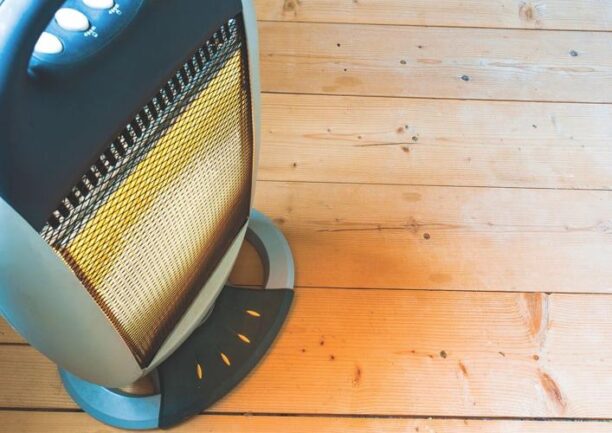Caution Urged for Indoor Propane Heater Use

Fire Officials Warn of Risks with Indoor Propane Heaters and Generators
Following several alarming incidents, fire safety officials emphasize the dangers of using propane heaters and generators indoors. A recent tragic house fire, resulting in one fatality, was linked to an indoor propane heater during January’s snow and ice storms in Oregon. In Portland, a separate incident saw five individuals hospitalized due to carbon monoxide poisoning from a propane-powered generator used inside an apartment for cooking.
The National Fire Protection Association (NFPA) reinforces the need for caution when heating homes in winter. Their 2023 report highlights that 46% of U.S. home heating equipment fires occur during these months, making it a critical period for fire safety vigilance.
Heating equipment ranks as the second leading cause of home fires and injuries in the U.S. and third in home fire deaths and property damage. Between 2016 and 2020, an average of 44,210 home heating fires annually led to approximately 480 civilian deaths, 1,370 injuries, and $1 billion in property damage.
Lorraine Carli, Vice President of Outreach and Advocacy at NFPA, stresses the importance of properly maintaining and using heating equipment to reduce fire risks. “Understanding the timing and context of these fires can guide us in taking steps to heat our homes safely,” she noted.
The report also found that heating equipment fires were less common overnight but accounted for a significant proportion of fatalities and injuries. Space heaters, responsible for one-third of these fires, were linked to most related deaths (88%) and injuries (80%).
NFPA provides these safety tips for winter heating:
• Annual cleaning and inspection of heating equipment by a qualified professional
• Keeping combustible materials at least three feet away from heating equipment
• Using manufacturer-recommended fuel for fuel-burning heaters
• Establishing a kid-free zone around open fires and heaters
• Ensuring space heaters are functioning correctly and turned off when unattended
• Using a sturdy screen for fireplaces and properly disposing of cool ashes
• Venting all fuel-burning equipment outside to prevent carbon monoxide poisoning
• Avoiding appliance use if there is a gas smell and immediately contacting authorities if there is
• Regularly testing smoke and carbon monoxide alarms
This guidance aims to educate residents on safe heating practices, particularly with propane-based equipment, to prevent tragic incidents and ensure optimum safety during the colder months.
















